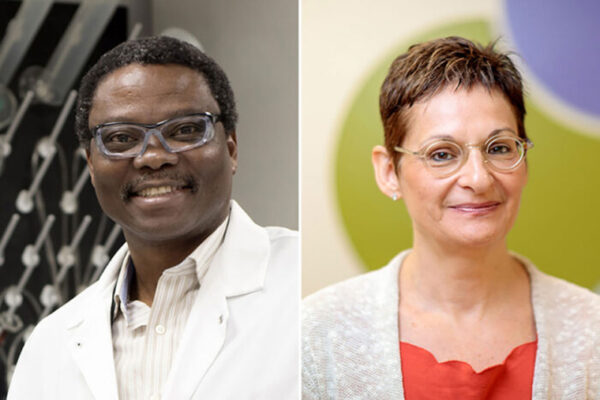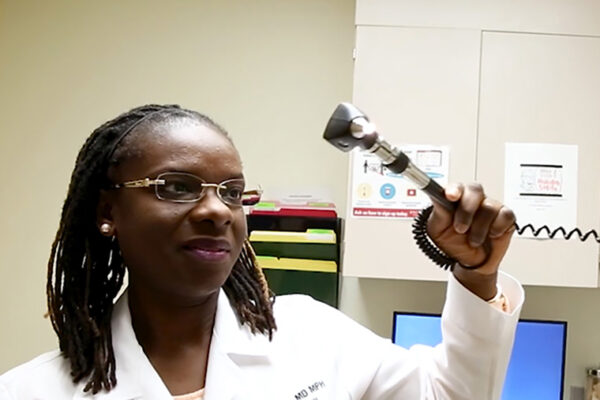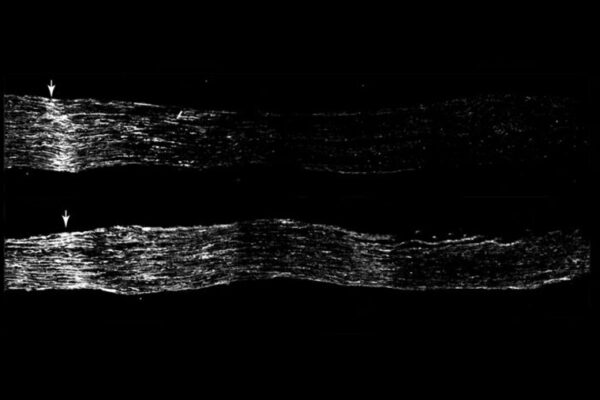WashU alum Josi Jahic: journey from HR to restaurateur
Josi Jahic (MBA, 2015) never expected to be part of the restaurant business. “When I was in college,” she said, “I would do any kind of work other than restaurant work.” Now Josi finds herself at the center of J’s Pitaria, a Mediterranean restaurant she founded with her husband Zamir. At J’s, speed takes a back […]
First artificial scaffolds for studying plant cell growth
Ryan Calcutt and Ram Dixit in Arts & Sciences and their collaborators created the first artificial scaffolds that can support the growth of individual plant cells — a discovery that will make it possible to study how forces such as gravity affect the way that plant cells form and grow.
Psychotic experiences in children predict genetic risk for mental disorders
New research from Washington University suggests that psychotic-like experiences in children may predict risk for mental illness.
Hit the sleep ‘sweet spot’ to keep brain sharp
Older adults who sleep short or long experienced greater cognitive decline than those who sleep a moderate amount, even when the effects of early Alzheimer’s disease were taken into account, according to a study by researchers at Washington University School of Medicine.
Glenn to retire as chief of Washington University Police Department
Mark Glenn, chief of the Washington University Police Department (WUPD), will retire from the university and leave his position on Nov. 8, according to Shantay Bolton, executive vice chancellor for administration and chief administrative officer.
Teaching about race in K-12 education
Lisa Gilbert, a lecturer in education in Arts & Sciences, shares her perspective on how social studies education has changed over the last 20-30 years, why this has become such a polarizing issue and where schools should go from here.
Environmental injustice, population density and the spread of COVID-19 in minority communities
Research from the lab of Rajan Chakrabarty at the McKelvey School of Engineering connects environmental injustice to the spread of COVID-19 in communities with high minority populations.
Achilefu, Luby elected to National Academy of Medicine
Medical imaging scientist Samuel Achilefu and child psychiatrist Joan L. Luby, MD, both of Washington University School of Medicine, have been elected to the National Academy of Medicine, one of the highest honors in health and medicine.
African American breast cancer patients less likely to receive genetic counseling, testing
Researchers at Washington University School of Medicine have surveyed cancer doctors to identify differences in physician attitudes and beliefs that may contribute to a gap in referrals to genetic counseling and testing between Black women and white women with breast cancer.
Drug helps sensory neurons regrow in the mouse central nervous system
Researchers at Washington University School of Medicine have discovered that an FDA-approved drug acts on support cells in the central nervous system to encourage sensory neurons to regrow after injury.
View More Stories









